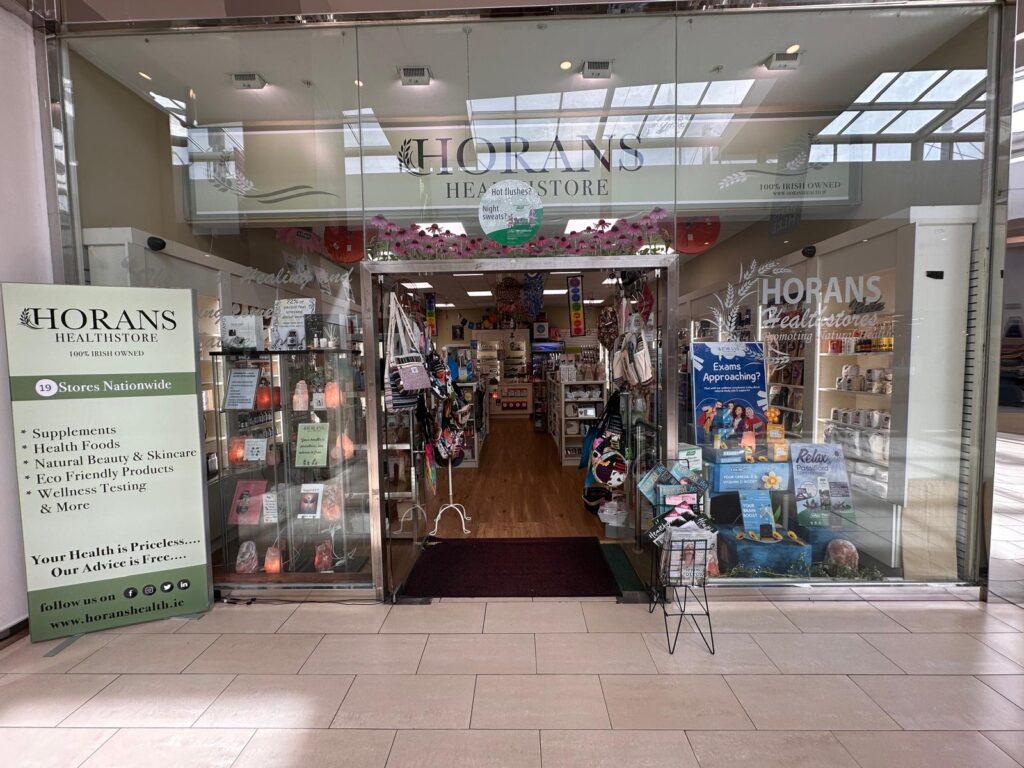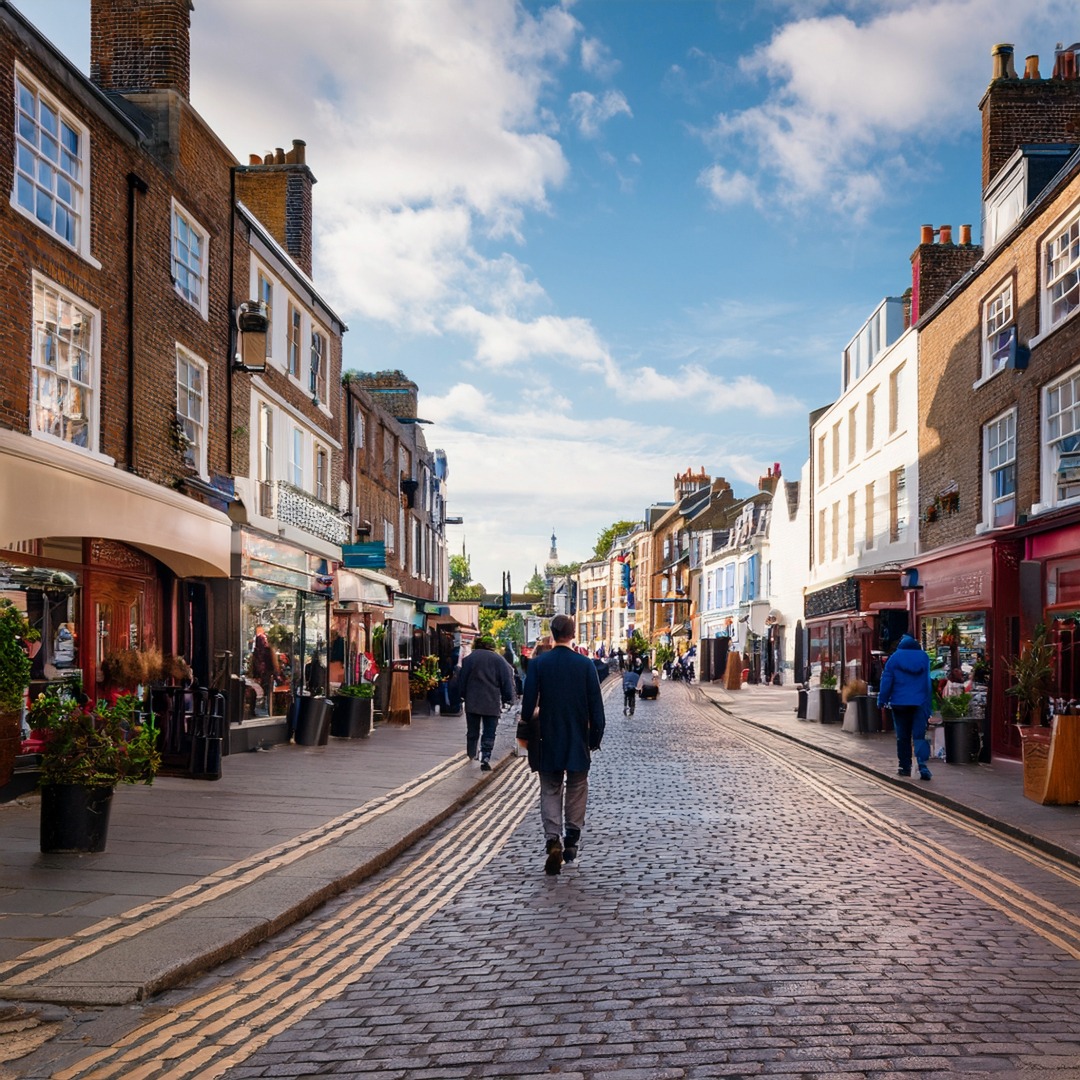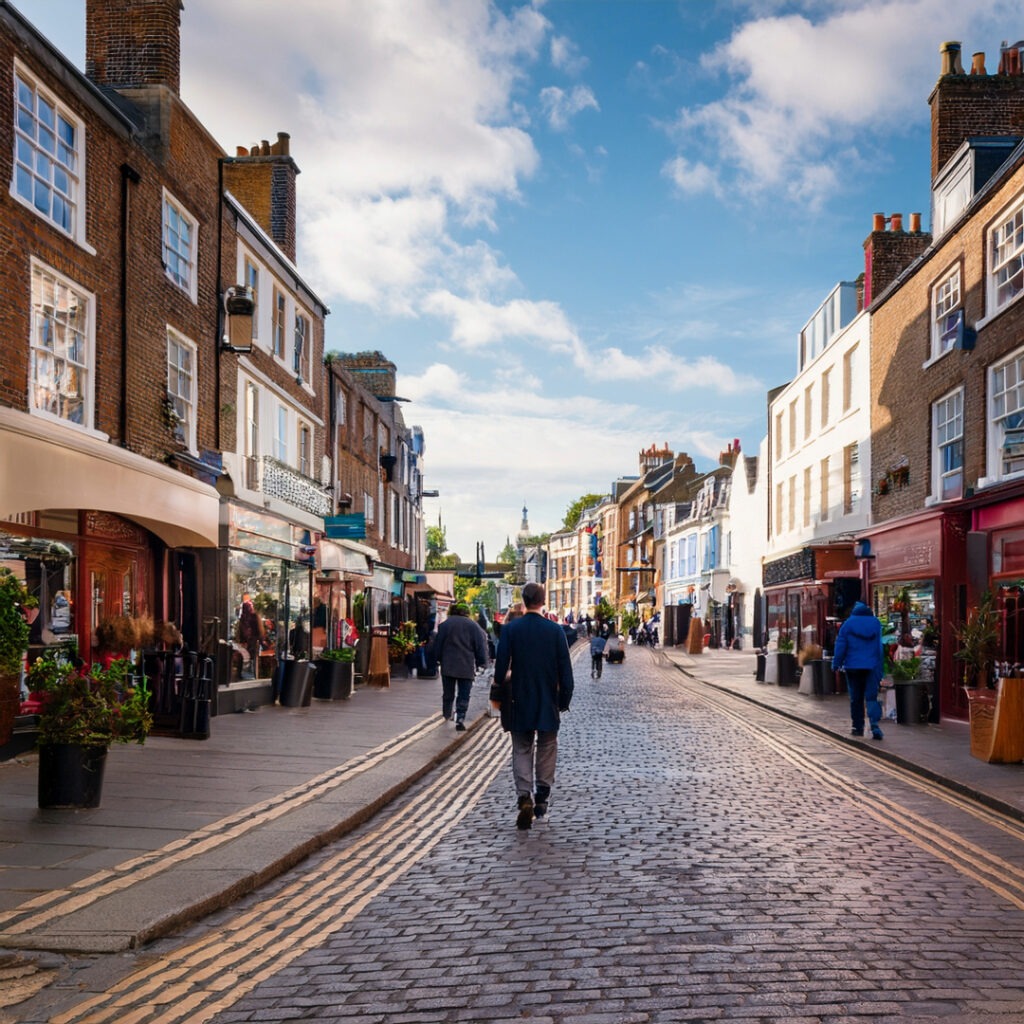Solo Nutrition and Horans Healthstore explore the role of health and wellbeing shops in the community
Health shops on the high street have evolved substantially over the past few decades. Originally, they more closely resembled greengrocers, but many scaled back on fresh produce as supermarkets took on the role of supplying the nation with the weekly shop. Still, health shops attracted many seeking alternative medicines and a more natural approach to healthcare.
They began to stock more supplements and niche food items not available in supermarkets.
In the past few years, many have lamented the seeming decline of our high streets, often pointing to the increasing ease of online shopping as largely responsible. As with many products, supplements and other health store goods have become available online, and many shops and brands now provide an online order and delivery service. However, we still see health stores on the high street, both in small villages and large cities.
Ireland’s leading health store brand, Horans, has an established online presence and yet they are thriving on the high street. We spoke to the Manager of the Horans Manor Store, Deirdre, to find out why.
Wellbeing on the high street
Deirdre Murphy is one of those warm people who gives you the feeling it’s not just her job to talk to you—it’s her pleasure. Immediately, I understand why she has been so successful in her customer care career in the natural healthcare sector. She gives you that most precious and now rare gift: her time and attention. Deirdre tells me the story of Horans, which is a tale similar to that of health stores in general.
Horans is based in Ireland. They boast 19 locations, though she points out that the stock can vary greatly from one store to another. “Along with the quality products you would expect to find in each store, you will also find products which are tailored to the clientele base and are unique to each store,” she explains. “It has a lot to do with staff product preference, but also word of mouth and varying needs in different communities.”
In a modern world where we’re no longer seeing the same doctor from childhood and throughout our lives, health stores know they must seek to understand and serve the community in a way that is still wanted by most people but challenging to achieve for the overwhelmed National Health Service. That makes staff retention essential, and it’s something that Horans has excelled at. They don’t just hire people passionate about natural health; they nurture and inform that interest by offering ongoing training. At least every three months, there is a new product to learn about or updated advice. Much of this is paramount, as it may relate to which medications are and are not compatible with supplements, among other considerations.
“Training is also more responsive now,” Deirdre tells me. “Trends in healthcare and influencers mean patterns shift, and suddenly the public will become intensely curious about some new wonder solution or area of healthcare, such as gut health. So, to be ready and able to properly assist them, we need to be informed ourselves, which means our training is sometimes led by consumer interest and media trends, as well as medical advances and emerging products.”
All of this, though, means that health shops can offer that shop-floor consultancy that customers so value. “And especially Horans,” Deirdre highlights, “because that’s what the whole Horans model is built around—our ability to share information and personalised advice.”
How has holistic healthcare changed in the last decade?
In the past, people who were too embarrassed to go to the doctor, or too worried about taking up the doctor’s time, might have come to a health store. “Quite often this was better,” Deirdre explains, “because our approach isn’t to treat the symptoms when something is wrong but to source the underlying cause, whether that be a dietary imbalance, or intolerance, or something else.”
Obviously, health shops always have and always will refer patients to medical practitioners if there’s even the slightest concern of more serious issues beyond wellbeing. However, their presence has traditionally been either a prequel to medical advice, or else they have been sought out after medical treatment has failed to provide a long-term solution. And for those whose ailments were not driving them to health store solutions, they were already uncommonly health-conscious. Post-COVID, though, the climate appears to have changed again.
“People are far more informed now. There’s a renewed interest in staying healthy because we’re all so busy we simply cannot afford to be ill, which means many of us have begun to focus on prevention. The body-balancing products we stock in health stores seek to provide ways to achieve and maintain wellbeing—so long as they are supplementary to a healthy diet and lifestyle, of course,” Deirdre adds.
“With a lot more information available and a growing culture of wellbeing, our customers are consistently striving for a better understanding of how their body works and what they can do to help it thrive. And optimising energy is a huge part of this, as is managing anxiety.”
Another positive cultural shift has been how much more people are willing to talk about their health now. Deirdre and I discuss how this change has opened up discussions into gut health, menopause, and mental health—formerly taboo subjects. Being more open has meant more media attention, leading to more research and therefore more ways to help people, which has “been wonderful,” Deirdre tells me, “though it has driven us to up our game.” After all, a more informed nation demands even more informed experts.

Why are health stores on the high street still needed?
This was the question I came here to ask, but perhaps the question I need to ask is: why are health stores still doing so well? After all, Horans is thriving and, although there have of course been some casualties of high street decline, health stores can still be found amongst the parade of shops where clothing, homeware, and bookshops have become vape stores, nail bars, and barbers. It must be us—the general public—keeping them here. So why are they so important to us, and why has their online presence not replaced the need for physical stores?
It circles back to community. To recognising that, as Deirdre puts it, “medicine is one-size-fits-all but healthcare is personal. And people know this. Take, for example, trending supplements made overnight sensations by social media influencers. Yes, many people will order them online, but the Horans teams all know what’s trending because people learn about them online but still come in-store to find out more.” Many people still want these claims clarified in person, Deirdre says, “because there just isn’t the same level of trust online—not when it comes to healthcare.”
Deirdre agrees, though, that online healthcare presence is also essential, especially for those who can’t get to a physical store. And much of the advice circulating online has bolstered a renewed commitment to wellness that is helping health stores like Horans thrive, even in a cost-of-living crisis. That’s why Horans is also looking to the future, building its presence on social media and offering healthcare advice through an upcoming podcast series (we’ll let you know when the first episode drops).
What has become most clear in the hour that Deirdre and I have been talking is that Horans’ success has come from the top down. The management unearths and trains those with a genuine interest in helping people, and they’re committed to keeping them learning and motivated. They also ensure staff are free to be themselves—to bring their personalities to work and build relationships with their communities. That’s why the communities love Horans and why each store receives the local support needed.
Simply put, Horans has the right approach: to make sure every person who steps through their doors feels valued, well cared for, listened to, and empowered to take control of their wellbeing.
“People don’t come into the shops just to walk away with a bag full of supplements, alternative medicines, and whole foods,” Deirdre confirms. “They come in for physical and emotional support. That’s what high street health stores can provide, and that’s why we have a place in every community.”
Horans Healthstore stocks Solo Nutrition products, but this article is not written to be promotional of either company in any way. Our aim in this article is to promote the role that health shops play in the community and to support their place on the high street.




